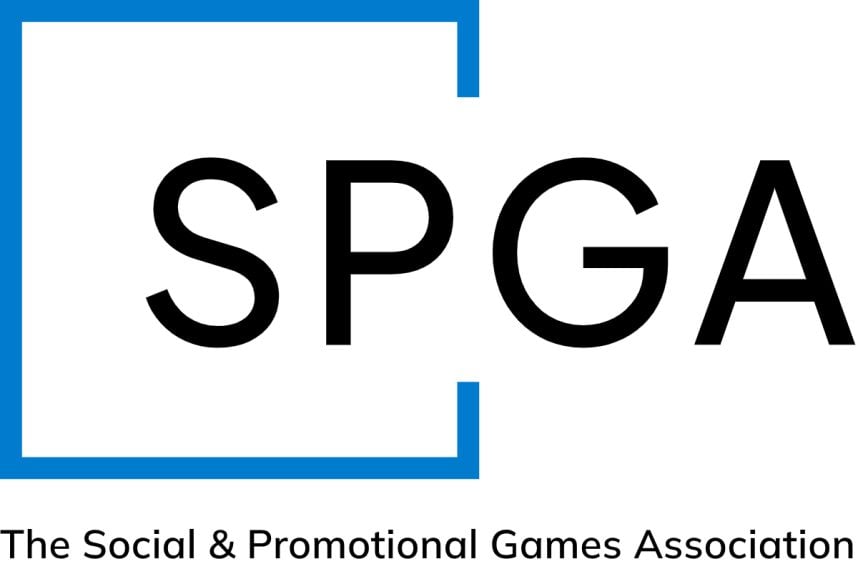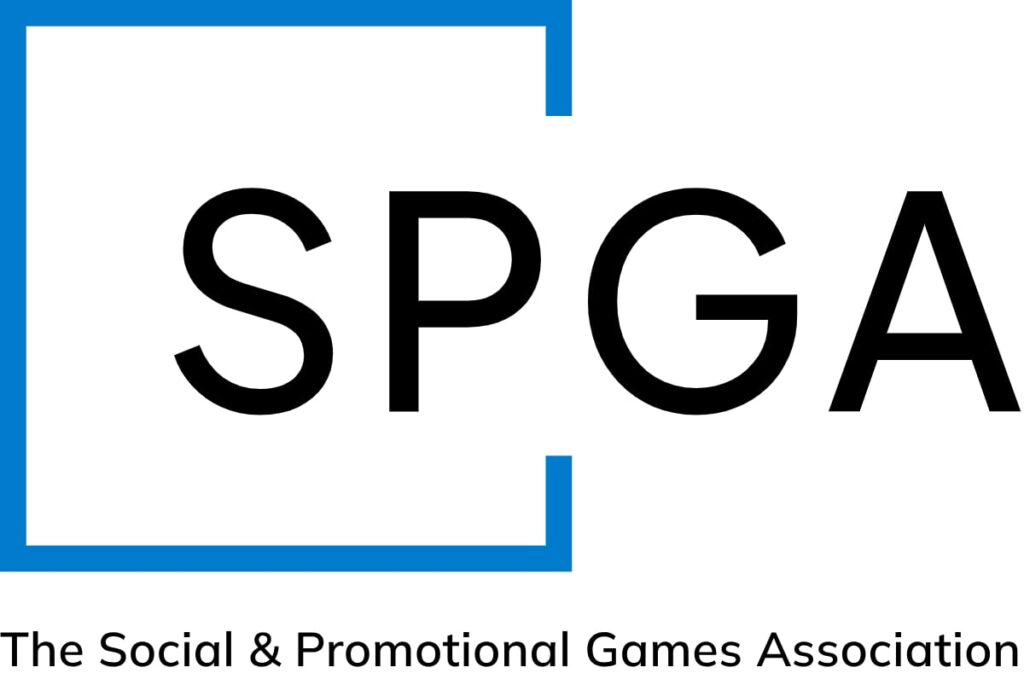Posted on: December 13, 2024, 09:55h.
Last updated on: December 13, 2024, 10:03h.
Major buzzwords in the US gaming industry currently include “sweeps,” “sweepstakes,” and “social gaming.”

Proponents of social and sweepstakes casinos claim the online websites and mobile platforms provide entertainment to millions of players in a safe, no-risk environment. Opponents argue many such businesses are operating illegal gambling where players are lured in with free tokens only to later make real money deposits and begin gambling for cash.
A new trade group called the Social & Promotional Games Association (SPGA) seeks to dispel the negative claims. The SPGA contends that social casinos with sweepstakes prizes “adhere to the established model of social casinos while also offering promotional sweepstakes prizes for players.”
The SPGA consists of numerous social sweeps entities, including 10 Ten Gaming, Blazesoft, Fliff, FSG Digital, Gold Coin Group, High 5 Entertainment, KHK Games, Kickr Games, Octacom, Rolling Riches, and Woopla Gaming.
Social Groups Gather
Social gaming is nothing new. For years, social media users have played free-to-play online slots and table games where no actual money could be won. The businesses generate revenue by selling additional tokens after a player’s initial and ongoing daily or weekly allotments of free plays run dry.
A newer concept in the social gaming realm involves sweeps. Sweepstakes casinos initially share the social gaming model by giving new accounts free credits to play.
When those spins or bets are lost, players can buy additional plays or purchase a secondary virtual currency that can be played to win prizes, and typically, cash. Critics say such enterprises violate state and federal gaming laws.
In a recent exposé on the industry, The Washington Post highlighted an account of a 41-year-old who purchased and lost almost $100K on a social sweeps casino. The SPGA says such incidences are atypical.
The majority of social sweeps customers never spend money. Over two-thirds of customers at a typical SPGA member site are free-to-play only,” the SPGA told Casino.org.
The SPGA says its members’ business models are not unlike how major retailers like Walmart and Starbucks use online sweepstakes promotions to award cash and prizes.
U.S. consumers view social casinos as genuine entertainment products, spending over $40 billion playing social casino games over the last decade,” the SPGA said. “Rewarding those players and promoting play using the well-established sweepstakes model is no different than some of the world’s biggest companies using sweepstakes to promote the sale of any other bona fide consumer good, such as coffee or hamburgers.”
Some states disagree. Lawmakers and regulators in several states and jurisdictions, including Idaho, Kentucky, Louisiana, Michigan, Montana, Nevada, and Washington, DC, have declared social sweepstakes casinos to constitute illegal gambling and have sent cease and desist letters to operators like High 5 Casino.
About the SPGA
Founded earlier this year, the SPGA says it’s a “member-driven organization” dedicated to educating state and federal lawmakers and the public about the social sweeps industry.
SPGA members have committed to limiting real-money play to players 18 and older and utilizing “regulation-grade” technology to “verify player identities.” They have also pledged to adhere to best practices in advertising, fair play, and consumer protection.



